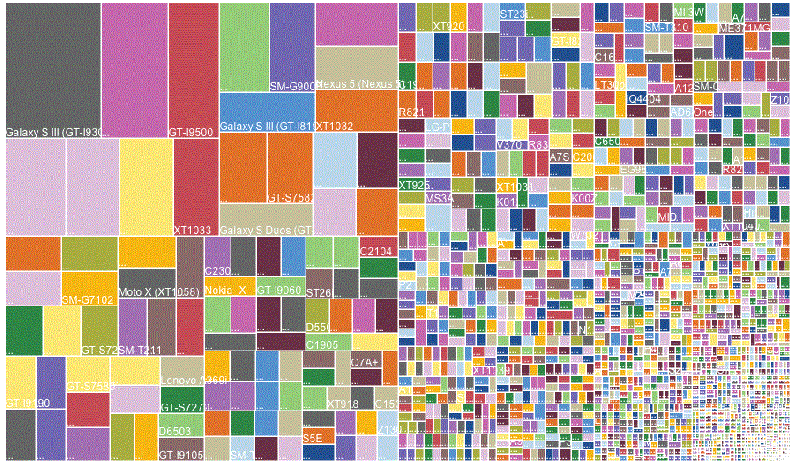What To Expect From Berlin’s IFA And From Apple’s Upcoming Announcements
Will the iPhone 6, to be announced on September 9, have NFC and a Sapphire Crystal display?
What about the new Samsung Galaxy Note 4, to be announced at Unpacked on September 3? And will the new Nokia Lumia 730 (a.k.a Superman), to be announced on September 4, have a 5-Megapixel rear-facing camera?
This week's scheduled launch events from Samsung, Sony, Microsoft, Motorola, LG, and Apple will cause lots of comparison about device features – with about 15 new devices to be launched along the IFA show in Berlin.
It simply does not matter.
Forrester made the call that competition shifted from devices to ecosystems about two years ago. New devices are simply vehicles for increasing the value of the entire digital relationship across a rich digital platform.
As my colleague Frank Gillett puts it, “Samsung's challenge is to establish an enduring relationship with customers, rather than being an interchangeable Android device maker – and it will take more than a new Galaxy Note to do that.”
As evidenced by a recent survey from my colleagues Jeffrey Hammond and Michael Facemire, Microsoft recently got some traction among developers and is becoming a credible third option. However, I believe it still needs to grab significant market share to get interest from marketers.
It is difficult to make a strong call before knowing the details of the upcoming announcements, but I expect Apple to maintain its leadership in the high-end smartphone market. Why?
Not only because Apple is extremely good at maximizing the profitability of its product lines by extending product life cycles through software, content, and services.
I also believe they will make the iPhone 6 the hub of new connected experiences. By bundling together hardware features (sensors, Bluetooth LE, or even NFC), software (iOS 8, iCloud, iTunes, App Store…) and their ecosystem of partners, the new device will enable brands to deliver more-seamless experiences, reducing the friction in offline customer journeys. The iPhone 6 could become the central brain coordinating the signals it gets from sensor-laden wearables such as the iWatch and the physical world, enabling more differentiated health or payment experiences. In particular, I’d expect Apple to enable new POS wallet and payment experiences. For years, I have always claimed Apple would not launch an NFC device until it would be in a position to enable a differentiated contactless experience. Add new partnerships with payments providers, TouchID, iBeacon, and consumer credit card data from its iTunes’ accounts, and timing looks better than ever for a streamlined experience at the point of sale.
As Frank Gillett summarized it, Apple is in a very strong position to retain and expand the deep, diverse, and meaningful relationships they've built, enhancing the reach and seamless experiences for customers of all brands that join in with Apple's digital platform.
Despite Google’s Android market share success, its ecosystem is still massively fragmented, as highlighted by the graphic below based on OpenSignal latest survey.

Apple’s ecosystem is still the best placed to let brands and marketers embrace the Mobile Mind Shift and serve their customers’ growing mobile expectations.
